Have you ever wondered how some relationships can drain the life out of you? Where one person benefits while the other suffers? Welcome to the intriguing world of parasitic relationships. Let’s explore what is parasitic relationship in humans and how to deal with it.
By understanding the dynamics and consequences of parasitic relationships, we can gain valuable insights into fostering healthier connections with others.
What is Parasitic Relationship?
A parasitic relationship in humans refers to an unbalanced association between two individuals, where one party, known as the parasite, benefits at the expense of the other, known as the host.
The parasite thrives by exploiting the resources, energy, or emotions of the host, often without reciprocating in a mutually beneficial manner.
To better understand what is parasitic relationship, let’s understand parasitic dynamics in nature. In the general sense, a parasitic relationship is a type of symbiotic relationship between two organisms of different species.
Parasitic relationships can be harmful to the host, causing diseases, reduced fitness, or even death in severe cases.
Parasites have evolved various adaptations to exploit their hosts successfully, which can include physical structures, behaviors, or physiological mechanisms that allow them to attach to, feed on, or otherwise manipulate their host.
Related: What Is A Toxic Relationship?
However, such types of parasitic relationships can also be observed in certain toxic relationships among humans, in both romantic and platonic relationships.
The parasite typically exploits and uses the host for their own gain and then walks away when the victim stops being of any use to them.
This is similar to narcissistic relationships where the victim often serves as narcissistic supply and is eventually discarded when the narcissist finds a new target.
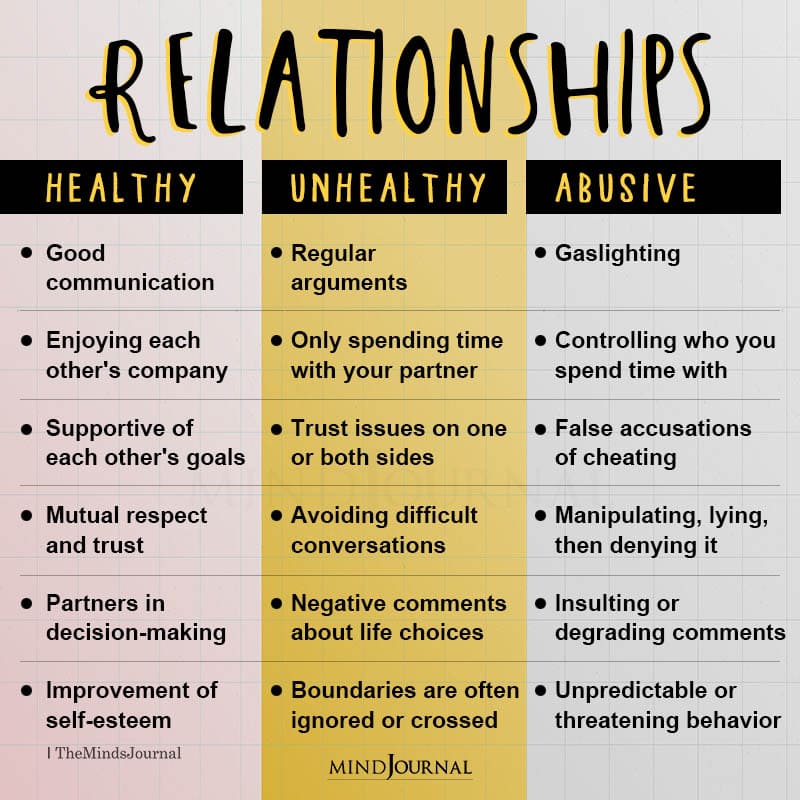
Still wondering what is parasitic relationship? Let’s dive deeper.
Understanding Parasitic Relationship
It is an unhealthy and one-sided dynamic where one partner primarily benefits from the relationship while the other partner gives significantly more in terms of emotional, physical, or other forms of support without receiving a proportional or fair return.
This type of relationship is characterized by an imbalance of power and a lack of mutual respect, reciprocity, and consideration for each other’s needs and well-being.
In a parasitic romantic relationship the following toxic patterns are widely observed –
1. Emotional Drainage
One partner may constantly seek emotional support, validation, or attention from the other, often without reciprocating or providing emotional support in return. This can lead to emotional exhaustion and burnout for the giving partner.
2. Financial Exploitation
It may involve one partner exploiting the other’s financial resources, whether through constant borrowing, financial dependence, or using the other’s income or assets without contributing to shared expenses or financial responsibilities.
3. Manipulation
The parasitic partner may manipulate or guilt-trip the other into meeting their needs and desires, often without considering the impact on the other person’s emotional or physical well-being.
4. Lack of Contribution
What is parasitic relationship? This!
The parasitic partner may contribute very little to the relationship in terms of effort, time, or energy, leaving the giving partner to carry the majority of the burden and responsibilities.
5. Self-Centered Behavior
The parasitic partner tends to prioritize their own wants and needs without regard for the other person’s feelings, desires, or boundaries.
Parasitic relationship in humans are typically unsustainable and detrimental to both individuals involved. They can lead to feelings of resentment, unhappiness, and a breakdown of trust and intimacy.
Healthy relationships are characterized by mutual respect, communication, empathy, and a willingness from both partners to contribute to each other’s well-being and the overall success of the relationship.
If you are still looking to better understand what is parasitic relationship, then let us learn about its features.
Related: The Narcissist and Psychopath as Human Parasites: Are You a Host?
Characteristics of parasitic relationships
Parasitic relationship in humans are characterized by distinct traits that distinguish them from healthy, mutually beneficial connections. Understanding these characteristics is crucial for identifying and addressing parasitic dynamics.
Let’s explore the key traits that commonly manifest in parasitic relationships:
1. Imbalance of Power
In parasitic relationships, there is often an imbalance of power, with one party exerting control and dominance over the other.
The parasite manipulates the host’s actions, decisions, or emotions to serve their own interests, while the host may feel trapped or powerless to assert their own needs or boundaries.
2. Exploitation
Exploitation lies at the core of parasitic relationships. The parasite benefits from the resources, efforts, or emotional support of the host without providing equivalent value or reciprocation.
This exploitation can take various forms, such as financial exploitation, emotional manipulation, or taking advantage of the host’s skills or connections.
3. Lack of Boundaries
Understanding what is parasitic relationship makes it obvious that such dynamics tend to lack clear boundaries. The parasite often invades the host’s personal space, infringing upon their autonomy and individuality.
They may overstep boundaries by intruding into the host’s private life, making decisions on their behalf without their consent, or disregarding their personal boundaries and preferences.
4. Emotional Drain
A significant characteristic of parasitic relationships is the emotional drain experienced by the host. The parasite constantly demands attention, validation, or care, leaving the host emotionally exhausted.
The host may find themselves constantly catering to the parasite’s needs while neglecting their own emotional well-being.
5. Dependency
Parasitic relationships thrive on dependency. The parasite becomes heavily reliant on the host for their survival or well-being, often avoiding personal responsibility and self-sufficiency.
They may manipulate the host’s feelings of guilt or obligation to ensure their continued support, creating a cycle of dependency that reinforces the parasitic dynamic.
6. Lack of Reciprocity
Reciprocity, which is the mutual give-and-take in healthy relationships, is notably absent in parasitic relationship in humans. The parasite consistently takes from the host without offering equivalent support, care, or resources in return.
This one-sided dynamic erodes trust and prevents the establishment of a balanced and mutually beneficial relationship.
7. Manipulation and Control
Parasites employ manipulation and control tactics to maintain their advantage over the host. They may use emotional manipulation, guilt-tripping, or coercive tactics to keep the host engaged and compliant.
By controlling the host’s actions, thoughts, or emotions, the parasite ensures their own needs are met at the expense of the host’s well-being.
8. Lack of Personal Growth
Parasitic relationship in humans hinder personal growth and development. The parasite’s dependency on the host impedes their ability to become self-sufficient and take responsibility for their own life.
Similarly, the host may neglect their personal goals, dreams, and aspirations as they become consumed by catering to the parasite’s demands.
9. Strained Relationships
Parasitic relationships strain the bond between the involved parties. Over time, the lack of reciprocity, emotional exhaustion, and constant exploitation lead to resentment, conflicts, and emotional distance.
The once-loving connection deteriorates as the parasitic dynamic takes its toll on the relationship.
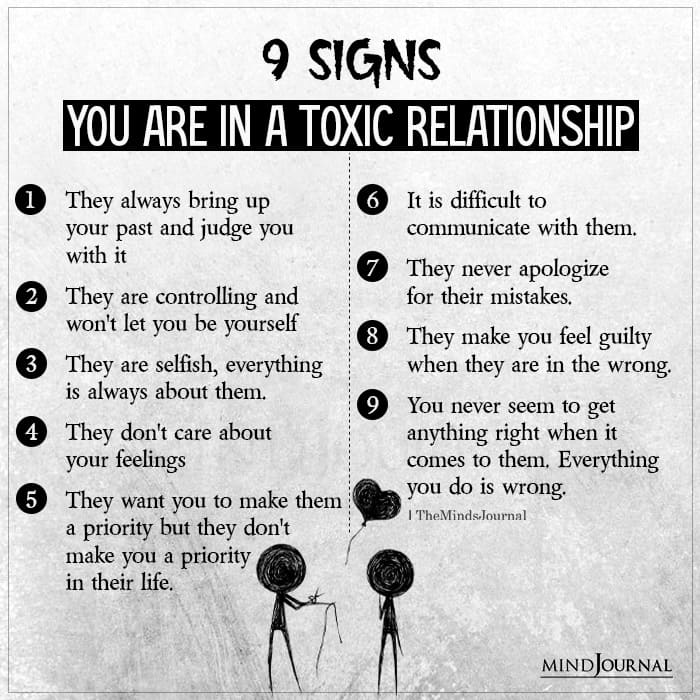
Recognizing these characteristics can help us understand what is parasitic relationship and can serve as a starting point for you to evaluate your relationships and determine whether you are trapped in a parasitic dynamic.
By understanding these traits, individuals can take steps towards breaking free from unhealthy patterns, establishing boundaries, and fostering healthier connections based on mutual respect, reciprocity, and personal growth.
Now that we know what is parasitic relationships, let’s find out what is an example of a parasitic relationship.
Related: 5 Things People Say To Justify Staying In A Toxic Relationship
What is an example of a parasitic relationship
Let’s explore some common examples of this dynamic.
Parasitic relationship in humans can manifest in various contexts beyond personal relationships. Here are a few examples to highlight the different aspects of parasitic dynamics and help you understand what is parasitic relationship –
1. Business Partnerships
In a business partnership, a parasitic relationship can occur when one partner consistently benefits from the resources, efforts, or ideas of the other partner without contributing their fair share.
This could involve one partner taking credit for the other’s work, exploiting their connections, or failing to fulfill their responsibilities while reaping the rewards of joint success.
2. Workplace Scenarios
Parasitic relationships can emerge in the workplace, particularly between colleagues or superiors.
For instance, an employee who consistently relies on their colleague to complete tasks or projects, while offering little help in return, creates an imbalance of effort and contribution. This can lead to resentment and a toxic work environment. This is what is an example of a parasitic relationship.
3. Family Dynamics
Within families, parasitic relationships may occur when one family member consistently relies on others for financial support, emotional validation, or other resources without making efforts to become self-sufficient.
This can strain familial bonds and breed resentment among other family members who bear the burden of the parasite’s needs.
Looking for more answers on what is an example of a parasitic relationship? Keep reading.
4. Social Circles
In social circles, a parasitic relationship can arise when one individual consistently exploits the generosity, time, or resources of others without reciprocating or offering support in return.
This could involve constantly borrowing money without intending to pay it back, taking advantage of others’ connections or skills, or monopolizing the conversation without showing genuine interest in others.
5. Online Interactions
Even in the digital realm, parasitic relationship in humans can exist. For example, in online communities or forums, individuals may exploit the knowledge or expertise of others without contributing their own insights or offering support.
This can create an unhealthy dynamic where certain individuals consistently benefit from the contributions of others while giving little back.
These examples demonstrate that parasitic relationships can occur in various contexts, highlighting the importance of recognizing and addressing such imbalances to foster healthier connections and environments.
Related: What Is A Love And Hate Relationship? Understanding The Complexities Of Intense Emotions
Consequences of Parasitic Relationships
Understanding what is parasitic relationship helps you realize that it can have profound negative effects on both the host and the parasite.
1. Emotional Distress
The host often experiences emotional exhaustion, anxiety, and a diminished sense of self-worth due to constantly meeting the parasite’s demands.
2. Stunted Personal Growth
The parasite’s dependency hinders their personal development and self-sufficiency, leading to an unhealthy reliance on others.
3. Resentment and Conflict
Over time, unaddressed imbalances can breed resentment and hostility, eroding the foundation of the relationship and causing frequent conflicts.
4. Loss of Individuality
The host may lose their sense of identity as the parasite’s needs and desires overshadow their own aspirations and goals.
5. Self-Reflection and Healing
Recognizing and addressing parasitic relationships is crucial for personal growth and establishing healthier connections in the future.
If you are still seeking to know more about what is parasitic relationship, then read on.
Clint and Jessica’s Story
Clint and Jessica are a couple in their mid-30s who have been together for six years. They initially met through mutual friends and quickly developed a romantic relationship. Over time, their relationship has become increasingly parasitic, characterized by an imbalance of power, emotional drain, and a lack of reciprocity.
From the early stages of their relationship, an imbalance of power emerged, with Clint assuming a dominant role while Jessica became more passive. He consistently made choices that served his own interests, leaving Jessica feeling unheard and undervalued.
Clint regularly exploited Jessica’s emotional support and financial resources. Jessica, on the other hand, consistently provided emotional support, often neglecting her own needs and sacrificing her well-being to cater to Clint’s demands.
Boundaries were virtually nonexistent in Clint and Jessica’s relationship. And the relationship took a significant toll on Jessica’s emotional well-being. Clint’s constant need for validation and attention left her feeling drained and emotionally exhausted.
Clint avoided taking personal responsibility and instead leaned on Jessica to fulfill his needs. This dependency created a cycle where Clint’s reliance on Jessica reinforced the parasitic dynamic, preventing him from developing self-sufficiency and hindering the growth of their relationship.
Clint consistently took from Jessica without offering equivalent support or care in return. This one-sided dynamic eroded trust and prevented the establishment of a healthy, mutually beneficial partnership.
As the parasitic dynamics intensified, Clint and Jessica’s relationship became strained. Resentment and conflicts arose as Jessica felt increasingly trapped and unfulfilled within the relationship.
The emotional distance between them grew, further exacerbating the lack of connection and intimacy they once shared. The once-loving bond began to crumble under the weight of the parasitic dynamic.
The case of Clint and Jessica is the answer to what is an example of a parasitic relationship as it highlights the detrimental effects of a parasitic relationship within a couple.
Related: 8 Signs Your Relationship Is Turning Toxic
How to break free from a parasitic relationship
The best way to to know what is parasitic relationship and to break out of a parasitic relationship, whether romantic or platonic, is perhaps seeking professional help.
A trained professional can provide you with the necessary tools for navigating and resolving parasitic relationships.
However, there are other effective steps you can take to begin breaking free from such dynamics on your own. Here are some strategies to consider:
1. Recognize the Imbalance
The first step is to acknowledge that the relationship is parasitic and understand the negative impact it is having on your well-being. Reflect on the dynamics, power imbalances, and negative patterns that have developed over time.
2. Set Boundaries
Establish clear boundaries to protect your own well-being and prevent further exploitation. Communicate your limits and expectations to the other person and be firm in enforcing them.
This may involve saying no to unreasonable demands, refusing to enable their behavior, or establishing rules around resource sharing.
3. Focus on Self-Care
Prioritize self-care and self-nurturing activities to rebuild your emotional and physical well-being. Engage in activities that bring you joy, practice self-reflection, and surround yourself with supportive individuals who encourage your personal growth.
4. Develop Independence
Work on developing your own independence and self-sufficiency. Identify areas where you may have become overly reliant on the other person and take steps to regain control of those aspects of your life.
This could involve developing new skills, seeking opportunities for personal growth, and taking responsibility for your own needs.
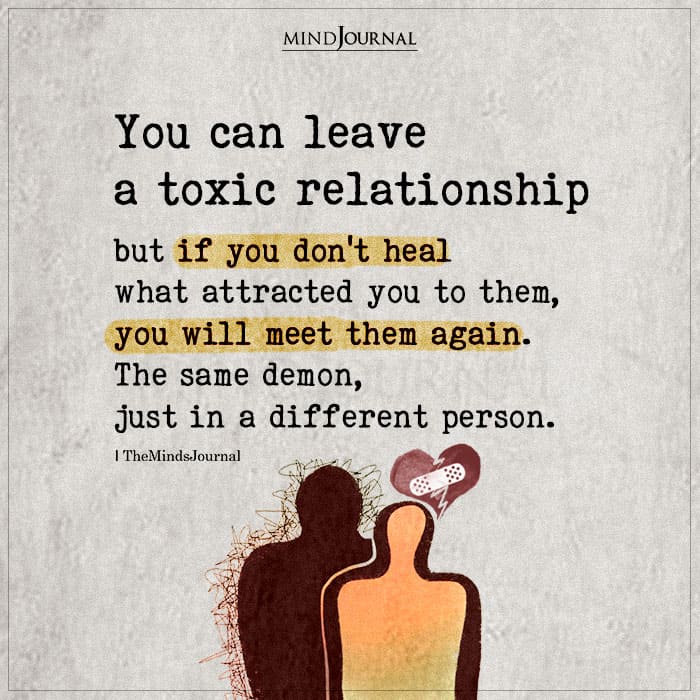
5. Seek Support from a Supportive Network
Reach out to trusted friends, family members, or support groups who can provide a listening ear, guidance, and encouragement.
Sharing your experiences with others who understand and validate your feelings can help you gain perspective and strengthen your resolve to break free from the parasitic relationship.
6. Communicate Openly
Engage in open and honest communication with the other person, expressing your feelings, concerns, and desires for change.
While it may not always lead to immediate resolution, expressing your needs can initiate a conversation and provide an opportunity for the other person to reflect on their behavior.
7. Gradual Disengagement
If possible, gradually disengage from the relationship by reducing your interactions and involvement. This may involve creating physical distance, limiting communication, or redefining the nature of the relationship to minimize the parasitic aspects.
8. Seek Personal Growth Opportunities
Focus on your personal growth and pursue activities that enhance your self-esteem, skills, and knowledge. This can help you build a stronger sense of self and create a fulfilling life outside of the parasitic relationship.
While these strategies can be helpful, it’s important to note that seeking professional help from therapists, counselors, or mediators can provide additional support and guidance in navigating the complexities of a parasitic relationship.
They can offer specialized insights and strategies tailored to your specific situation and assist in facilitating healthier communication and resolution.
Well, now you know what is parasitic relationship and how to break free from it.
Related: How To End A Toxic Relationship And Move On
Takeaway
Parasitic relationships can be emotionally draining and detrimental to the well-being of both parties involved. By understanding the characteristics of these relationships and their potential consequences, we can identify and address them early on.
Recognizing the signs, establishing healthy boundaries, seeking professional help when needed, and fostering open communication are essential for breaking free from the parasitic cycle and cultivating fulfilling, balanced relationships.
Remember, it is never too late to regain control and create a positive and mutually beneficial connection with others.



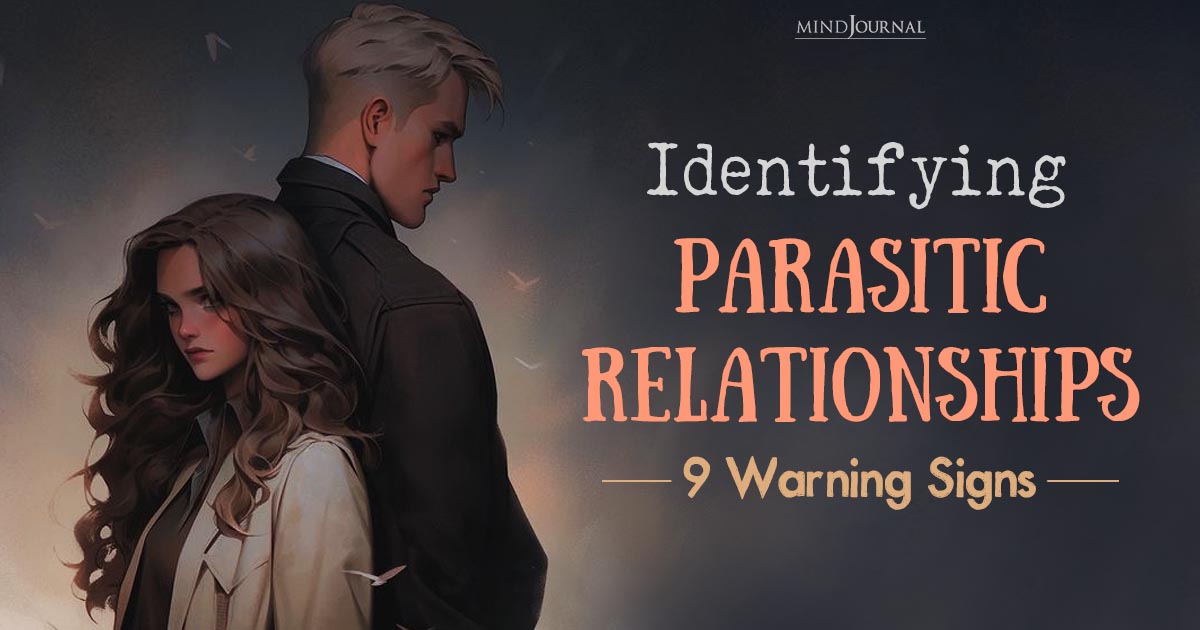






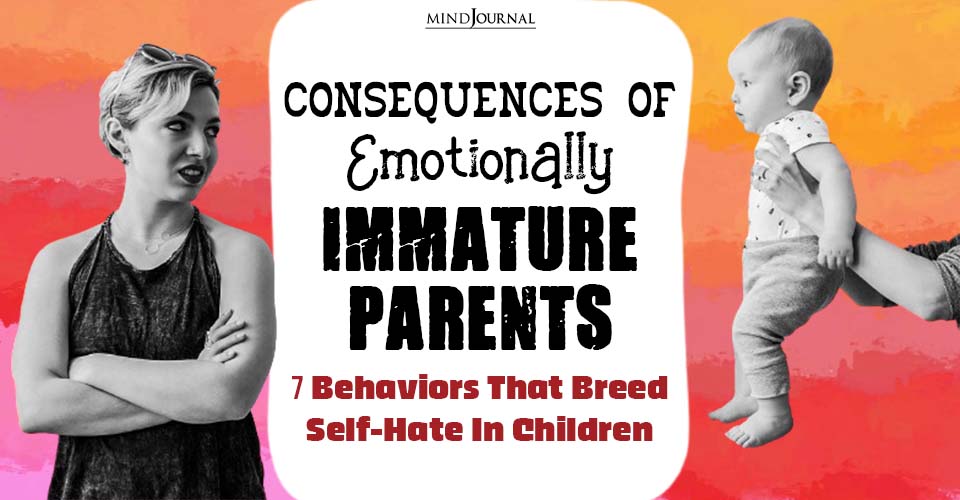
Leave a Reply
You must be logged in to post a comment.